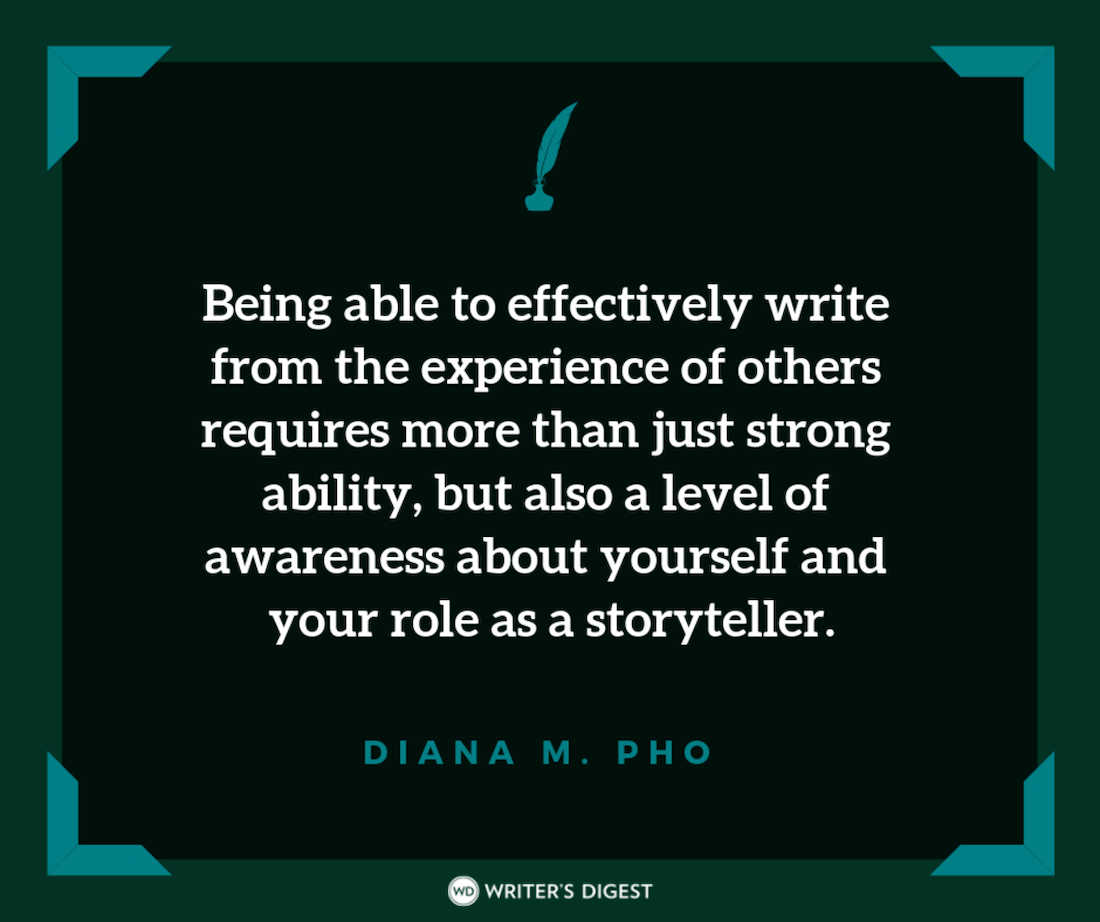A Book in 30 Days: What Writers Can Learn From Rapid Publishing
BY AMANDA L. BARBARA The Internet has brought about a new age of experimentation in publishing, and stepping into the literary laboratory is the prolific storytelling duo, Sean Platt and…
BY AMANDA L. BARBARA
The Internet has brought about a new age of experimentation in publishing, and stepping into the literary laboratory is the prolific storytelling duo, Sean Platt and Johnny B. Truant.
The authors’ recent project, “Fiction Unboxed,” was a crowdfunded experiment in writing and publishing a book live in 30 days. Platt’s and Truant’s goal was to give aspiring authors and fans of their popular podcast a look behind the curtain at their writing process.
Platt and Truant are no strangers to writing quickly. They wrote more than 1.5 million words in a year and continue to publish fiction at a breakneck pace.
For “Fiction Unboxed,” they started without any characters, a plot, or even a genre in mind and careened into publishing a book in front of a live audience. This project had nearly 1,000 backers and overfunded at $65,535. Backers got to see the authors’ story meetings, watch them hammer out the plot, write, and edit the final draft.
It’s easy to see the appeal in writing a book quickly. Platt’s and Truant’s method meant they could start earning revenue from their published book right away and get to work on their next project.
But what about the average writer who isn’t used to cranking out a story at such a fast pace? Let’s take a look at the pros and cons of rapid writing.
The Benefits of Writing Fast
There are a number of potential rewards to producing and publishing quickly, including:
- Reader engagement. “Fiction Unboxed” generated an enormous amount of engagement among indie authors, the duo’s nonfiction audience. But even for fiction writers, publishing quickly can help maintain readers’ interest in your work. The New York Times bestselling author Jennifer L. Armentrout has cultivated an enormous fan base due to her ability to quickly produce more of the books her readers love on an accelerated timeline.
- Exposure. Doing something out of the ordinary is a great way to get noticed as an author. Platt and Truant used their writing process to create a highly shareable and marketable product that gained a lot of attention simply because it had never been done before.
- Momentum. Writing quickly obviously helps you produce more work, but it also helps you gain traction from a publishing and marketing perspective. The more you publish, the more chances readers have to discover your work, and a new title can provide a boost to your entire catalogue.
Potential Drawbacks of Rapid Production
While there are a number of benefits to writing and publishing quickly, Platt and Truant are experienced writers who understand the publishing process. They know what they can reasonably accomplish, and they have a team in place to help with other aspects of book production, such as audio and cover design.
Producing a book in 30 days probably wouldn’t work for a less experienced writer. If you’re thinking of giving yourself an ambitious deadline, proceed with caution to avoid these pitfalls:
- Lower quality: The duo’s final product, a YA Steampunk novel called “The Dream Engine,” has a 4.8 rating on Amazon. But for new authors, a tight deadline may not leave enough time for professional editing and cover design, which could result in a lackluster book.
- Public failure: “Fiction Unboxed” was a risky endeavor. What if they hadn’t completed the project? What if the book flopped?
Want to have the first draft of your novel finished
one month from today? Use this discounted bundle of
six great resources to make that happen.
Order now.
While you shouldn’t let fear hold you back as a writer, always consider how readers will receive your book.
“Fiction Unboxed” was a fun experiment, but the underlying message isn’t that you should try to write a book in 30 days. Platt and Truant wanted to show writers that storytelling doesn’t have to be a painful process and that with practice, good stories can be written quickly.
Most importantly, you have to do the work. Platt and Truant haven’t produced so many books by sitting around waiting for inspiration to strike — they’ve done it by hitting their word count day after day. Hard work is something they stressed in the book that inspired the project and in “Fiction Unboxed” itself.
There’s no one process that works for every author, but you shouldn’t be afraid to try new things. Just keep writing, and the words will come.
Amanda L. Barbarais vice president of Pubslush, a global crowdfunding publishing platform for the literary world. This platform is bridging the gap between writers, readers, publishers and industry leaders. Follow Amanda on Twitter and Google+.
Adrienne Crezo is the former managing editor of Writer's Digest magazine. Follow her on Twitter @a_crezo.









